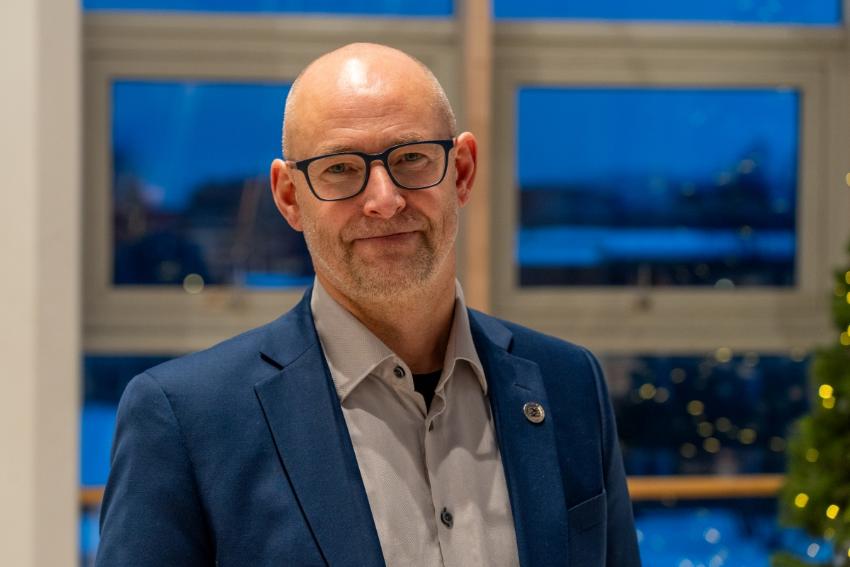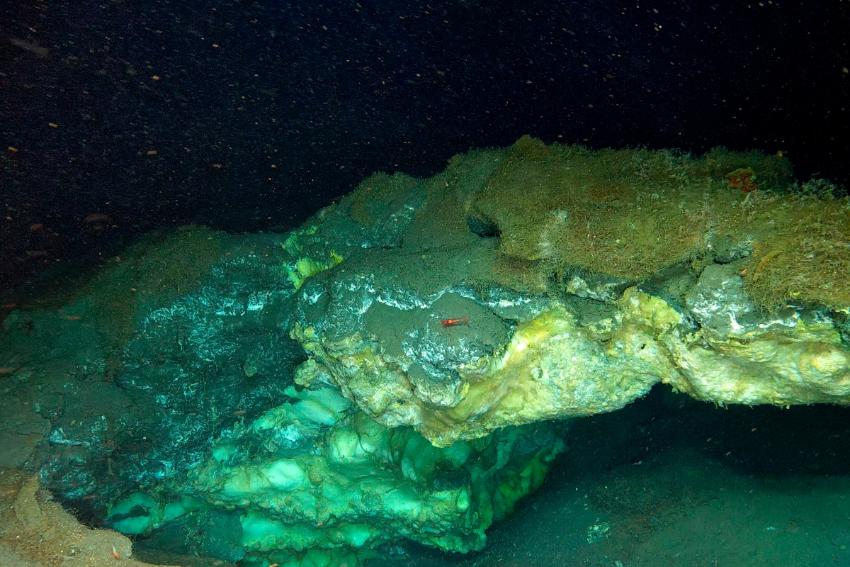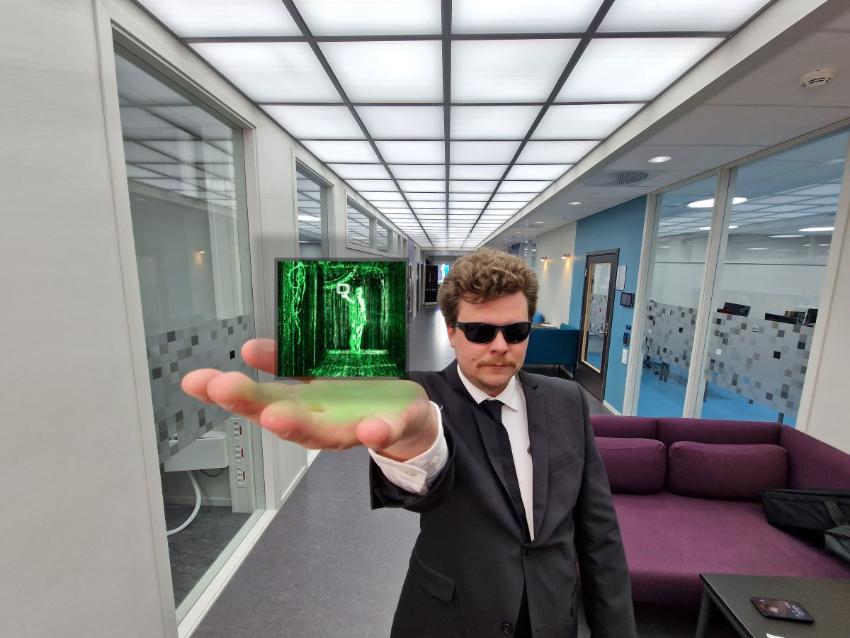Exploring Digital Evidence Collection During Armed Conflicts
On 22-24 January, the research group on Crime Control and Security Law (CCSL) conducted an International Seminar the subject at UiT.

The seminar brought together experts from various fields, including international law, cyber security, and computer science, as well as practitioners from institutions such as the International Criminal Court (ICC) and the Ukrainian NGO “Truth Hounds”. Truth Hounds received the Sakharov Freedom Award from the Norwegian Helsinki Committee in 2023.
These diverse participants engaged in interdisciplinary discussions, focusing primarily on recent changes in evidence collection and preservation. More specifically the role of technology in accelerating investigations at the Office of the Prosecutor of the International Criminal Court. The keynote presentations also addressed the role of open-source intelligence (OSINT) in documenting war crimes, and the current efforts to strengthen EU sanction tracing against transnational high-level corruption.
Following these discussions the seminar yielded immediate outcomes, among other things, plans for the eventual publication of select presentations in an edited volume dedicated to digital documentation of international crimes and hybrid warfare.
Additionally, the seminar facilitated the establishment of a collaborative network comprising practitioners, scholars, and students. This network aims to undertake similar projects in the future, focusing on documenting international crimes and countering hybrid threats.
The seminar also marked the inception of a series of meetings under the Marie Skłodowska-Curie Project 'Hybrid Cyber Warfare and Common Security in Europe,' spearheaded by the research group member, Artem Galushko. This project, which received financial support from the European Commission's HORIZON Europe research and innovation program last year, will set the stage for collaborative efforts in addressing contemporary security challenges.
The international network established during the seminar will actively participate and contribute to the future events such as a training for civic activists and public officials, a research colloquium, joint publications, and activities aimed at security proofing of laws and policies in Europe.
Kortnytt fra Det juridiske fakultet


